Social media isn't just about interesting content and best friends you've never met.
Here are seven reasons why the title of this article is not another exaggeration.
7. Social media leads to decreased attention span
 In 2015, Microsoft conducted a study to determine the average human attention span. It wasn’t done for entertainment purposes, but to help marketers cope with consumers’ dwindling attention spans. By 2000, the average attention span had already dropped to 12 seconds, and researchers wondered whether 15 years of internet ubiquity had further eroded it.
In 2015, Microsoft conducted a study to determine the average human attention span. It wasn’t done for entertainment purposes, but to help marketers cope with consumers’ dwindling attention spans. By 2000, the average attention span had already dropped to 12 seconds, and researchers wondered whether 15 years of internet ubiquity had further eroded it.
The result? Eight seconds. That's one second less than the goldfish. Are you still reading this? Good.
While it's impossible to single out social media as the sole culprit in the decline of attention span, it's clear that 280-character tweets and 15-second TikTok videos play a major role.
- The decline in our ability to focus on 50% in just one generation would not have happened without a flood of distracting stimuli – “thanks” to social media.
- The multitasking inherent to social networks also negatively affects the attention span. After all, you need to have time to look at your favorites feed, chat in the chat, and like a comment or picture you like.
- The more content there is on social media, the less time we spend on it. For example, mobile Facebook users spend an average of 1.7 seconds on each element.
6. Social media is addictive
 Social media can be as physically and psychologically addictive as nicotine, alcohol or gambling.
Social media can be as physically and psychologically addictive as nicotine, alcohol or gambling.
The “FOMO” effect (short for “Fear of Missing Out”) is responsible for this. This is the name given to the desire to stay informed about what other people are doing.
Unfortunately, falling into the FOMO trap makes a person feel more lonely and even unhappy. Looking at photos of successful friends (even though these photos are often staged) we believe that others are happier than us.
Symptoms of social media addiction include:
- mood swings;
- anxiety;
- problems in personal relationships caused by obsessive use of social media;
- and relapse of compulsive behavior after a period of “abstinence” from social media.
5. Please like me
 When we walk into a room with people and say something, we get real-time feedback. In contrast, social media “rooms” are much more crowded, and it’s not so easy to get noticed. And likes – as a symbol of recognition and respect in the virtual space – give mini-charges of dopamine. Admit it, you also enjoyed watching your post collect likes and comments for several hours or days?
When we walk into a room with people and say something, we get real-time feedback. In contrast, social media “rooms” are much more crowded, and it’s not so easy to get noticed. And likes – as a symbol of recognition and respect in the virtual space – give mini-charges of dopamine. Admit it, you also enjoyed watching your post collect likes and comments for several hours or days?
Likes are also educational — in a bad way. They let you know what types of posts get the most positive feedback. Why is that bad? That's what the next point of this article is about.
4. Cyber-chickens
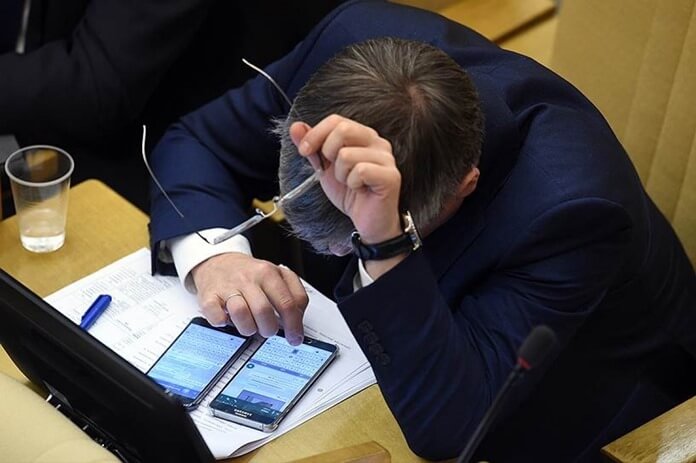 Social media makes people cowards. Knowing what types of posts tend to attract the most likes, shares, and subscriptions, many users choose to focus only on those topics, avoiding anything considered controversial.
Social media makes people cowards. Knowing what types of posts tend to attract the most likes, shares, and subscriptions, many users choose to focus only on those topics, avoiding anything considered controversial.
For example, 70% of U.S. social media users never or rarely post about political and social issues, according to a new May study by the Pew Research Center.
And the two main reasons for doing so are users' fears that their posts will be used against them and their reluctance to be attacked for their views.
3. Virtual bullying

73% adult Internet users have witnessed acts of aggression on the Internet. And 40% have experienced it themselves. These are the findings of a study conducted by the Pew Research Center back in 2015.
But it is not only adults who face cyber aggression, but also children. According to Kaspersky Lab, every third child in Russia has either become a victim of cyberbullying or heard about this phenomenon. At the same time, only 7% parents consider online bullying a significant information threat to children.
The main platforms for cyberbullying in Russia are VKontakte (47% recorded episodes of bullying in 2020), Instagram (24%) and YouTube (15%), according to the Security 2.0 monitoring center.
2. Social media makes freedom of speech a myth
 Social networks are putting censorship for billions of people in the hands of a few. A striking example is the blocking of former US President Donald Trump's accounts on Facebook, Twitter and Instagram.
Social networks are putting censorship for billions of people in the hands of a few. A striking example is the blocking of former US President Donald Trump's accounts on Facebook, Twitter and Instagram.
Two questions arise:
- Where is the line at which freedom of speech on social media becomes dangerous?
- Who is conducting it?
Freedom House's Freedom on the Net 2019: The Social Media Crisis examined the internet policies of 65 countries, including China, the United States, and Russia.
Researchers have found that internet freedom has been declining worldwide for the 9th year in a row, with China being the worst offender. In 47 countries, arrests are regularly made for political, social or religious statements made online.
Still want to speak freely on social media? Then you need to get citizenship in Iceland, a small country with the best virtual freedom of speech in the world.
1. It is difficult to distinguish lies from truth on social networks
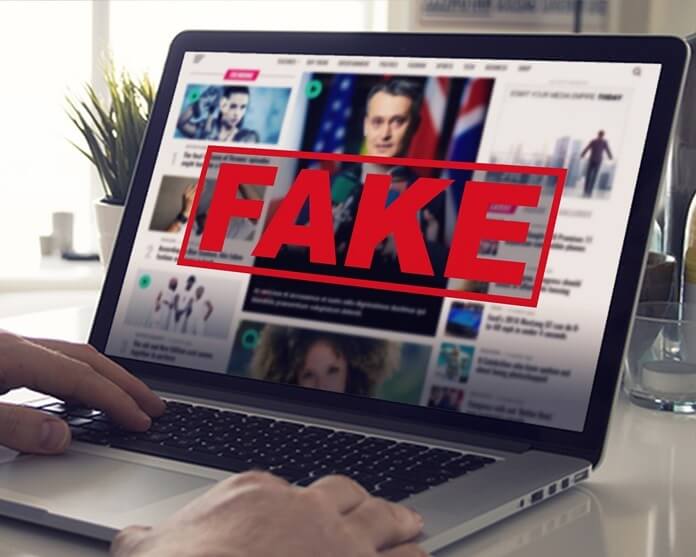 According to a study published in a 2019 issue of MIS Quarterly, only 44% people were able to accurately judge whether social media headlines were true or false.
According to a study published in a 2019 issue of MIS Quarterly, only 44% people were able to accurately judge whether social media headlines were true or false.
The researchers also found that users were more likely to believe news headlines that aligned with their political views, while headlines that challenged their views received little cognitive attention.
"We all think we're better than the average person at spotting fake news, but it's just not possible.""The study's lead author, Patricia Moravec, said in a press release. "The social media environment and our own biases make us all much worse off than we think.".
But the inability to distinguish fact from fiction is only one of social media’s problems. Researchers estimate that up to 15% users on some platforms, including Twitter, are bots tasked with everything from manipulating markets and influencing elections to spreading phishing attacks and inflating follower and comment counts.
In general, social networks are the Wild West of information, where fact and fiction can be indistinguishable, and truth is skillfully mixed with disinformation. So don’t believe everything you read on the Internet. Comrade Lenin said so!


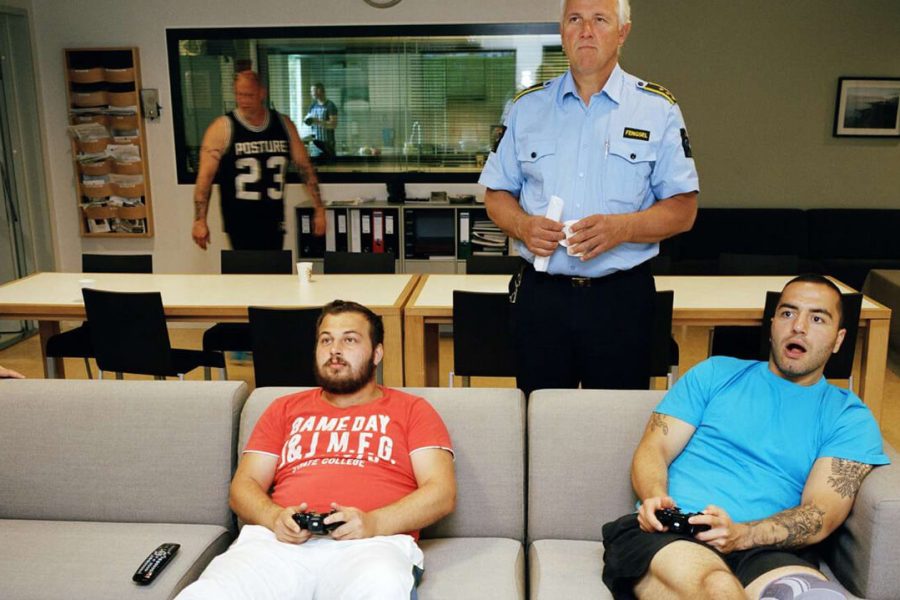



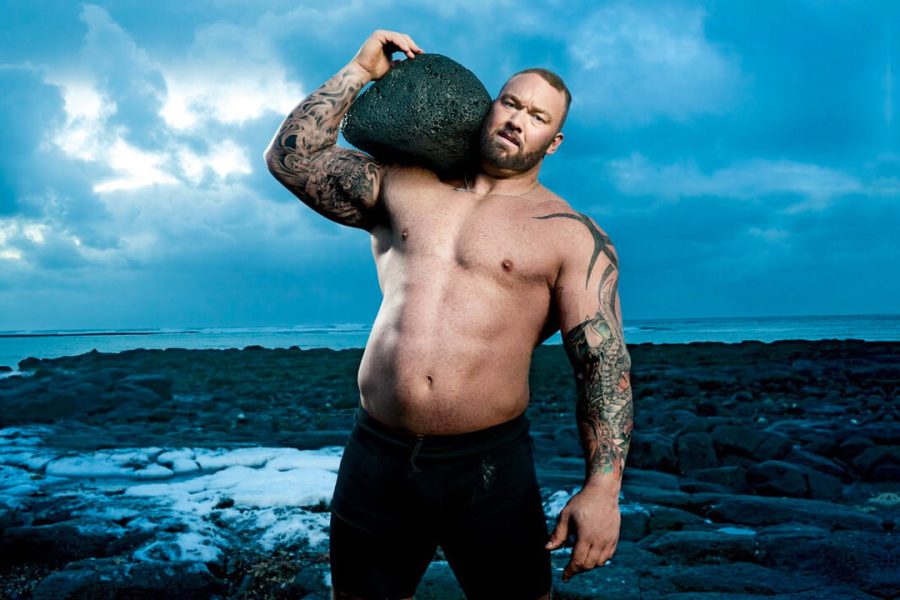




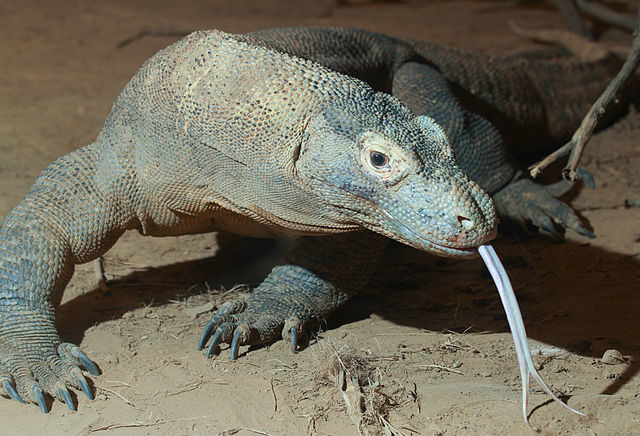
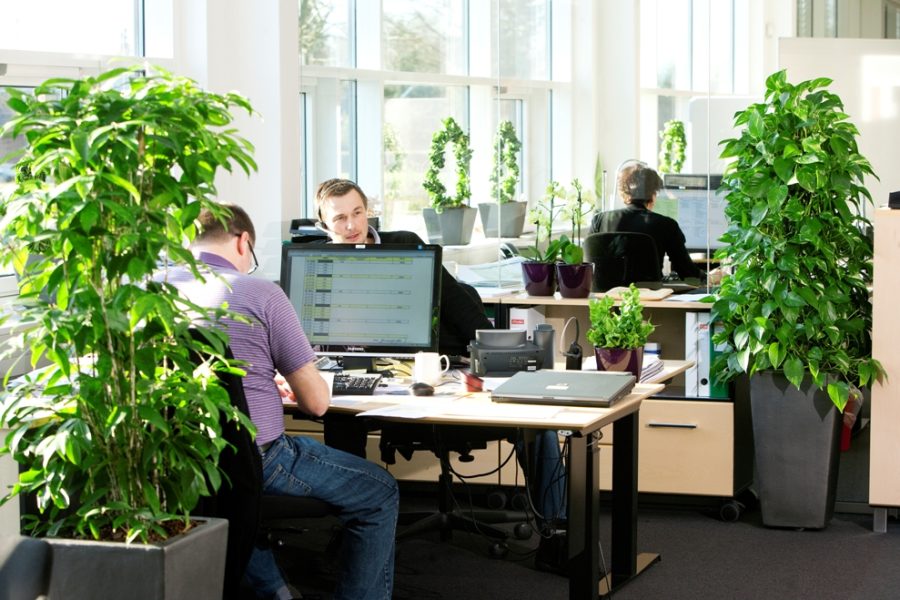
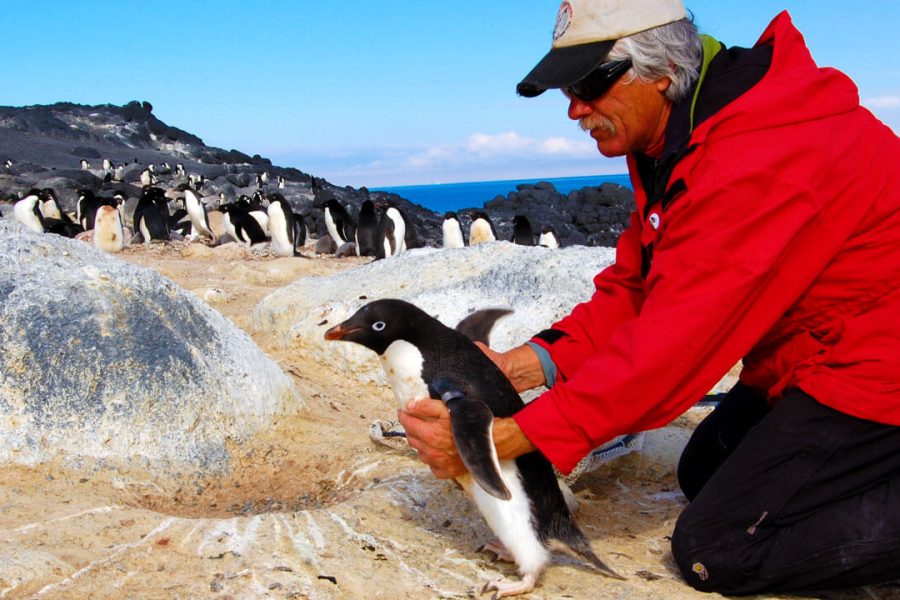
Оставить Комментарий